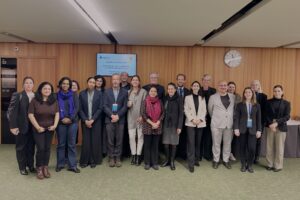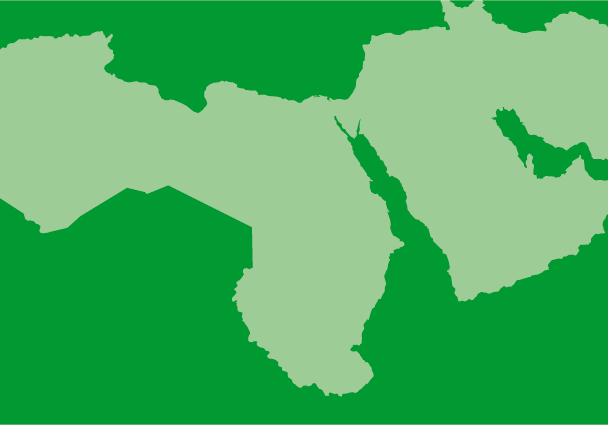
Apr 14, 1994 | News
The ICJ condemns the two recent attacks on Israeli civilians in Israel. Yesterday’s bombing of a bus stop in Khadera killed five Israelis and wounded at least thirty others.
Last week, a similar attack in Afula killed seven Israelis and wounded forty-three. The Hamas group has claimed responsibility for both bombings.
Such outrageous acts of violence against civilians senselessly aggravate the already tense situation. Human life is sacred. In this transitional period, the ICJ calls for self-restraint and the absolute respect of human rights.
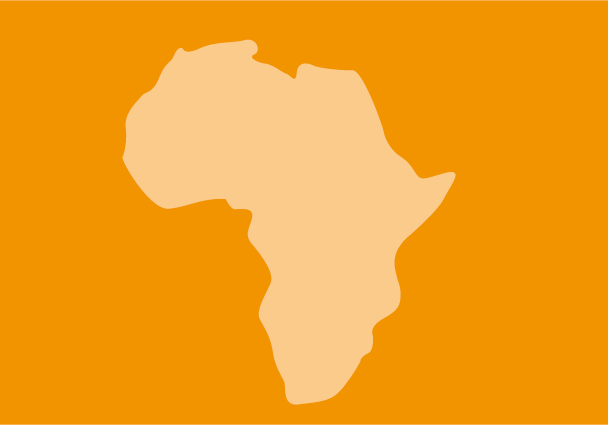
Apr 1, 1994
As an organisation devoted to the Rule of Law and the legal protection of human rights, the involvement of the ICJ in South African legal affairs spans over four decades.
It has followed legal developments in South Africa for many years – sending fact-finding missions – observing important trials and publishing materials on the Rule of Law and human rights in the country.
Following its interest in legal developments in the country, the ICJ did not lose the opportunity to send an eminent team of lawyers to observe the 27 April 1994 parliamentary elections in South Africa.
The report of the mission presents an objective analysis of the myriad legal and constitutional problems confronting the leaders of the New South Africa. It makes recommendations as to what concrete measures could be implemented to deal with these problems.
The ICJ team was headed by Mr. William J. Butler, former Chairman of the ICJ Executive Committee, and composed of Professor Bert Lockwood, Dean Joseph P. Tomain, and Mr. Peter Solbert, who are members of the ICJ affiliate in the USA, the American Association for the International Commission of Jurists (AAICJ).
South Africa-dawn of democracy-fact finding mission report-1994-eng (full text in English, PDF)
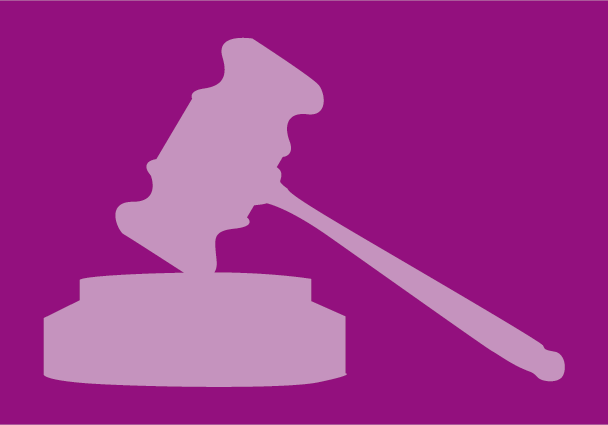
Apr 1, 1994 | News, Publications
The ICJ’s Centre for the Independence of Judges and Lawyers have concluded a three-day seminar on the relationship between the media and the judiciary in Madrid.
The seminar is part of an on-going study on the independence of the judiciary and the legal profession.
Lawyers, judges and journalists from Spain and different regions of the world gathered in Madrid to focus on the relationship between the media and the judiciary. The object has been to draft principles destined to facilitate a relationship that would enhance both the necessity of a free press and the independence of the judiciary. The debate also concentrated on the right of the accused, especially minors, to privacy and the presumption of innocence.
Many different angles were taken into consideration. They included the impact of publicity on judicial proceedings, the emergence of increasingly global and transnational modes of communication and their impact on judicial procedures, the relation between ethics and judicial independence, the restraints which may be necessary for the proper administration of justice, media criticism of judges and judicial decisions as well as in-depth perspectives of these issues in countries such as Brazil, the United Kingdom, France, Ghana, Jordan, India and Australia.
These principles fill a gap which is increasingly highlighted by the progress made in contemporary modes of dissemination of information. The principles are attached herewith.
madrid principles on media and judicial independence-publication-1994-eng (full text in English, PDF)
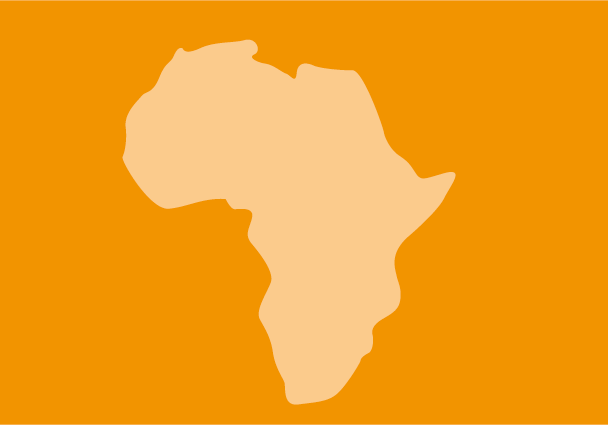
Mar 29, 1994 | News
The death of at least 28 individuals yesterday, exactly one month prior to the April general elections in South Africa, raises grave concerns about the prospect of free and fair elections in the country, the ICJ says.
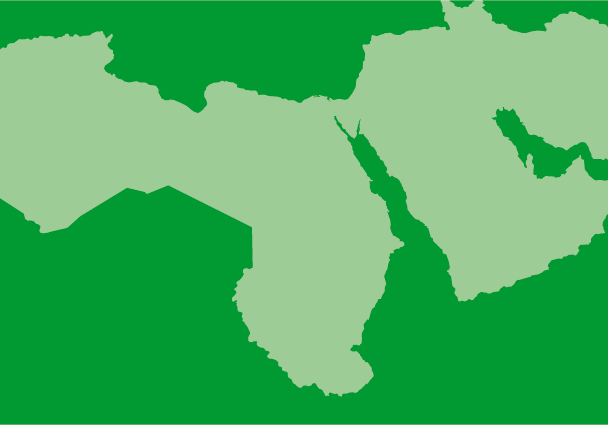
Mar 29, 1994 | News
Today, the ICJreleased the findings of its mission to Israel and the Occupied Territories concerning the Hebron Massacre and aftermath.






